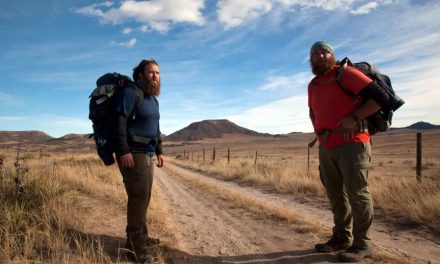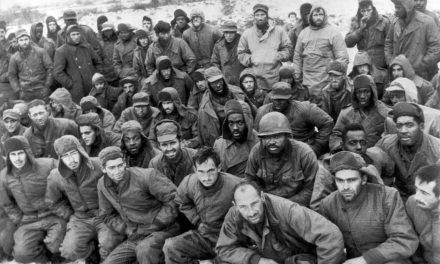
Let’s talk honestly about suicide, more than 50% are committed with guns. As a teen I could have been one of those statistics.
Earlier this year, I was informed I would be named to the Task Force on Suicide Prevention. Legislators often are assigned to task forces based on their interest. This was the case for me back in my first term as a legislator, when I served on the Task Force on Alzheimer’s and Dementia.
But suicide prevention? This assignment meant much more to me on a very personal level.
Many people know I am an extremely passionate and involved advocate for mental health awareness and suicide prevention in the Legislature, from my work on the Assembly Committee on Mental Health, to the bills I have introduced and supported. I was impacted by suicide in my personal life almost three years ago. I lost a very close friend, Brian, to suicide by firearm.
Only a handful of people know about what I will share next.
Years before I welcomed my firstborn into the world, before I was elected to serve my community in the state Assembly, before I met and married the love of my life, I was just a kid in Milwaukee who was living with mental illness. As a teenager, I had been diagnosed with ADD, ADHD, severe depression and bipolar disorder — and I was struggling. I wish those diagnoses and the attendant medications, hospital stays, and all of the other steps my family and I took at the time had been enough. But as is the case for many facing mental health crises, they weren’t.
All those years ago, staring down the darkness, I attempted to take my own life. More than once. And as someone who has faced that darkness and lived to share my story, I am so thankful I didn’t have access to a gun when I thought that leaving this world was the best way to handle everything that came with it.
For people contemplating suicide, access to a firearm is like having your own personal, and permanent, “delete” button. And let me tell you: having the power to use that delete button at your absolute lowest moment — when thoughts don’t make sense and when calm, structured thinking is no longer part of the equation — is not something that anyone facing those types of struggles is equipped to handle.
As difficult as it is to share, I can confidently say that, if I had had a gun all those years ago, I would not be here today.
Heartbreakingly, over the course of my experience on the Task Force on Suicide Prevention, I found that this “task force” was more of a “publicity force” than anything else.
Early in the process, it became clear to me that Republicans on the Task Force on Suicide Prevention were not going to truly, substantively, and holistically consider ways to prevent suicide in our state. Instead, I was extremely disappointed to realize that, while the task force would consider some steps we could take to address suicide in Wisconsin, we would not even be discussing access to firearms by those experiencing mental health crises.
While this oversight fits well with the Republican commitment to upholding the broken status quo on guns, it goes against the evidence provided by experts from all over the state. Professionals, researchers, and those with lived experiences all testified about the strong relationship between guns and suicide and that something must be done about it.
Time and again at task force hearings, we listened to families, friends and community members tell stories of people who had lost their lives to suicide by firearm. This was a theme across the state, and across political lines. We heard it in rural and urban areas, and from farmers, veterans, law enforcement, health care professionals, teenagers and many more: Access to firearms can be a death sentence to those experiencing a mental health crisis.
The facts bear this out. More than 50% of deaths by suicide are completed with a gun. And for suicide attempts involving guns, the completion rate is 85%. Compare that to the completion rate of 5% for attempts not involving a gun.
We in the Legislature were confronted with this reality firsthand. As my colleague and friend Rep. Mike Schraa, R-Oshkosh, brought up during the task force hearing process, another colleague, former Sen. Rick Gudex, R-Fond du Lac, died via suicide by firearm just under three years ago.
The problems our state and country face when it comes to suicide are not small. And until we take bold action, we are putting more lives at risk. With bipartisan action and a committed strategy on guns and suicide, we could potentially cut suicide deaths nearly in half.
My name was not attached to any of the bills that the Task Force on Suicide Prevention put out for co-sponsorship recently. That was a very deliberate choice. Until we see real action on firearms and suicide, the measures proposed by the task force are at best incomplete, and I could not in good conscience attach my name.
I don’t share any of this to discount the work of the task force, but instead to highlight the importance of concrete, serious action. I’m certain the bills introduced by the task force will make it to a floor vote, and I’m sure they will do some good if signed into law. But they are not enough.
We need to reframe this conversation. We’re not talking about taking people’s guns away, we’re talking about giving them a lifeline.
State Representative Jonathan Brostoff
Lee Matz














